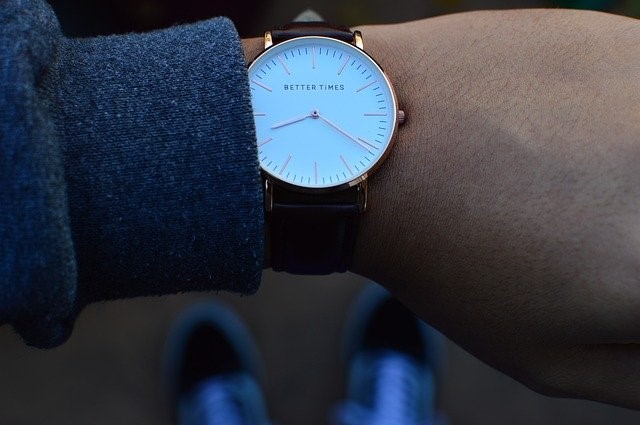
A lot of people try to get into meditation because they read about some scientific study that demonstrates the benefits of meditating for 20 minutes a day (like this one or this one). Mindfulness meditation will make you healthier, happier, smarter, more focused, and more creative, they say. All you have to do is sit down and meditate for 20 minutes a day.
I was one of those people. 20 minutes a day? Piece of cake!
Boy was I wrong. I couldn’t do it. 20 minutes felt like a really long time. It was easy to buy into the “I’m too busy excuse” and just not do it. And the handful of times I actually did 20 minutes, it was mentally exhausting. It’s as though I was out of shape, and I was trying to run eight miles a day. It was too hard. So I quit.
But I really did want the benefits of meditation. I was anxious and depressed and unfocused. So I recommitted, and I took a different strategy. I would start small – with three minutes a day – and gradually increase the time. I would meditate for 20 minutes a day … eventually.
That was five years ago.
During the first few years, I kept track of whether or not I did my daily meditation with a calendar chain. It worked really well: I only missed about ten days that first year, and I haven’t missed a day since September of 2016.
After a few months, things were going smoothly, so I increased the time from three minutes to five minutes. Every few months after that, I would add a minute or two. And each time I did, the change was almost imperceptible. I mean, you don’t really notice the difference between a 12-minute meditation and a 13-minute meditation.
However, that slight increase does add up to a lot of extra practice, which means a lot of extra benefits. One extra minute per day for 365 days is over six hours of extra meditation. Minor adjustments add up.
Along the way, I discovered that, for me at least, the main benefit of meditation is contentment. I also became much more patient, more focused, and better at contending with my automatic negative thoughts. I also added a self-written loving-kindness mediation to my daily practice, which I love. I read books about Buddhism, such as Robert Wright’s excellent Why Buddhism is True: The Science and Philosophy of Meditation and Enlightenment, and I worked to incorporate Buddhist philosophy into my daily life. (See Suffering = Pain x Resistance or Life Lessons From Groundhog Day.)
Slowly and steadily, the daily repetition of meditation gradually led me to self-identify as a meditator. Meditating every morning became my new normal. If I was staying with family or friends, they knew that I would disappear for a while in the morning to meditate. My partner knows that this is a non-negotiable part of my morning routine.
Last year, on the winter solstice, I upped my breathing meditation to 17 minutes. Last spring, on the equinox, I upped it to 18 minutes. Then, 19 minutes on the summer solstice. And finally, this Monday, September 21st, 2020, after five years of daily meditation, I upped it to 20 minutes.
And it was easy.
It felt just like the day before when I had done 19 minutes. No sweat.
So now, and for the rest of my life, I’ll be meditating for 20 minutes a day.
Maybe you don’t have any interest in meditation. Maybe you want to develop a reading habit. Or maybe you want to practice guitar. Or exercise. Or eat vegetables. Well, this type of slow-and-steady behavioral change is the best way to start a good habit.
By doing only a small amount in the early days, you avoid triggering psychological resistance to the task. (Well, you’ll probably trigger some resistance, but not too much. And keep in mind that resistance is a compass.)
So if you want to meditate for 20 minutes a day, or if you want to start any other good habit, start small and build up slowly.
Special thanks to Stephen Guise, whose book Mini Habits inspired me to take this approach.
For a breakdown of what “mindfulness” is and why you should care, click here.
For simple instructions on how to meditate, click here.
